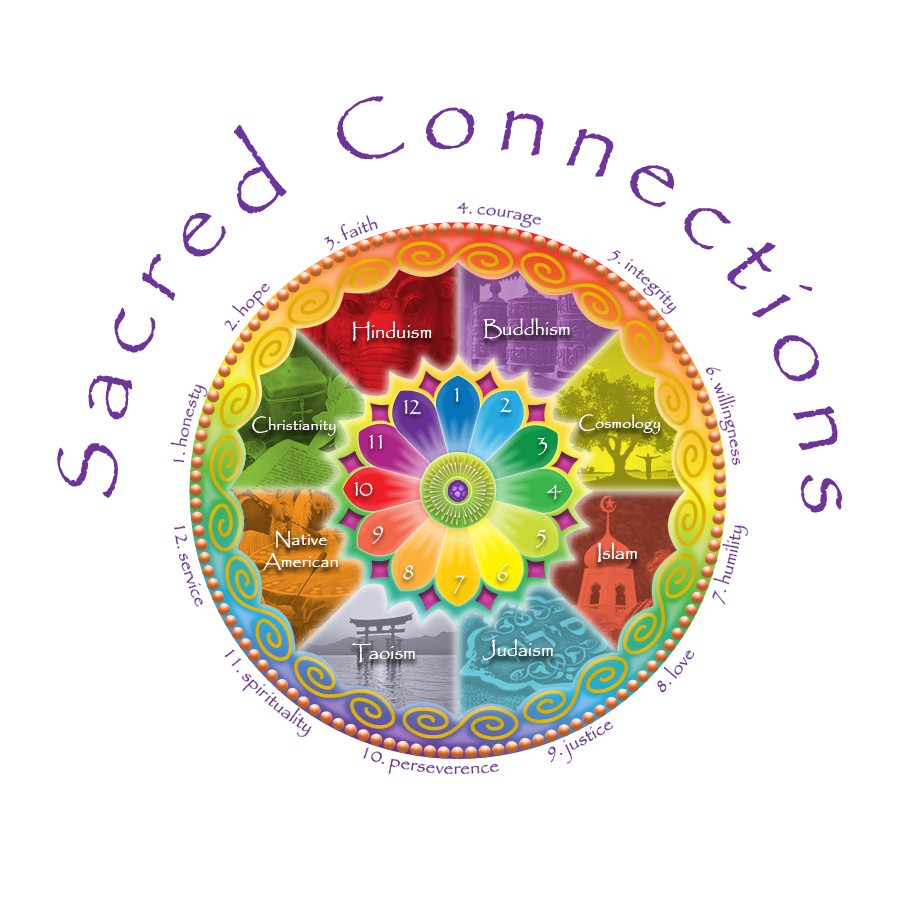By Ryan Beitler
March 5, 2017
NAADAC Addiction & Recovery eNews
March 17,2017
Devan Thrash has been off meth for the past 16 months, and credited meditation with helping her maintain her sobriety.
“Before I went into recovery, I hated myself,” she said. “I felt broken. I went to a spiritual healing program and the first thing we did was meditated. I had never felt peace, and the first time I meditated I wept.”
In a new trend in addiction treatment, meditation and mindfulness training are used to help people overcome dependency during treatment and after rehab.
A recent study published in the International Journal of Mental Health and Addiction discussed the ways mindfulness-based interventions help people with a substance use disorder. The study stated that mindfulness targets certain biological determinants such as changes in areas of the brain that can increase the capacity of learning, memory, and self-regulatory processes that allow people to have more control over their behaviors.
“What happens is when you meditate, your brain starts to shift,” said Christina Nadeau, meditation instructor at Outer Banks Meditation & Mindfulness in Corolla, North Carolina. “You start looking at something in a different perspective. The body is processing all those toxins. Your toxicity levels go down; your blood pressure goes down; your immune system gets better; you are able to make natural chemicals like dopamine and serotonin.”
Neurotransmitters such as dopamine and serotonin are vital to the recovery process because the brain has trouble producing these chemicals, which make us happy, after being dependent on the euphoria of drug use.
“For me, meditation has really helped separate my thoughts from my identity,” said Stacy Thrash, Devan Thrash’s aunt who recovered from addiction and founded the Peace Box meditation center in Austin, Texas. “I have been in the program for five years. [With meditation] I can decide whether to believe a thought [or] to act on it. It gives me a moment of pause to see how to respond to a thought I might be having. It creates a new normal of inner-peace. Meditation is a great way to get there.”
Meditation also helped Stacy Thrash with the physical symptoms she experienced during addiction recovery. “The physical craving in the body gets worse if you resist it,” she said. “We’re used to running from our emotions.
When we’re able to respond to something differently, it comes and goes. A headache doesn’t last forever.”
Meditation — the practice of quieting the noise, focusing on one specific concept, and being aware of your body — coupled with mindfulness training facilitates treatment for people with substance use disorders because they relieve anxiety and further the mental change in chemicals that occurs when coming off a dependence.
“Anxiety is fear of the future,” Nadeau said. “When you are in the present moment, you don’t have to worry about the future or regret the past. Mindfulness is about being present in the moment. Instead of saying ‘I’ll deal with this later,’ you can deal with it right now.”
Some people who are religious have expressed that meditation goes against their beliefs, but the practice can be fulfilled in accordance with religious and spiritual activities. “There are many different types of meditation,” Nadeau said. “You can hold something relating to your religion like rosary. But what’s important is a focus.”
Meditation can also have a psychological impact on people in recovery, according to Nadeau. “It actually does help with making better life decisions as well,” she said. “That’s also great for somebody that’s addicted. They see that they can feel just as good as they can without drugs.
